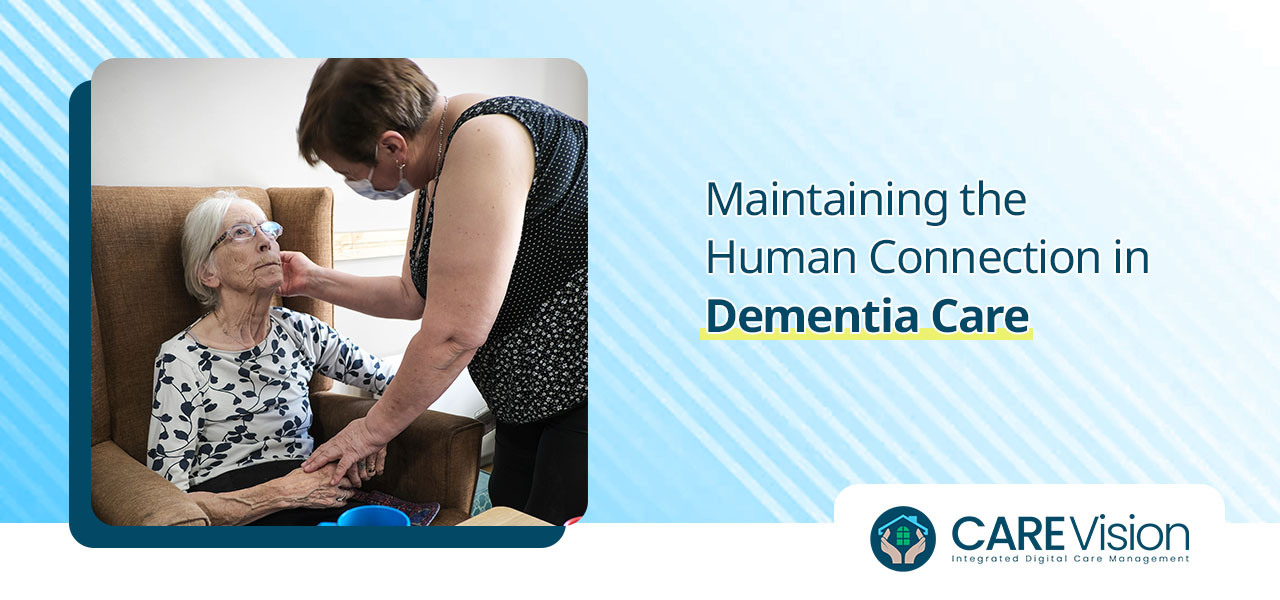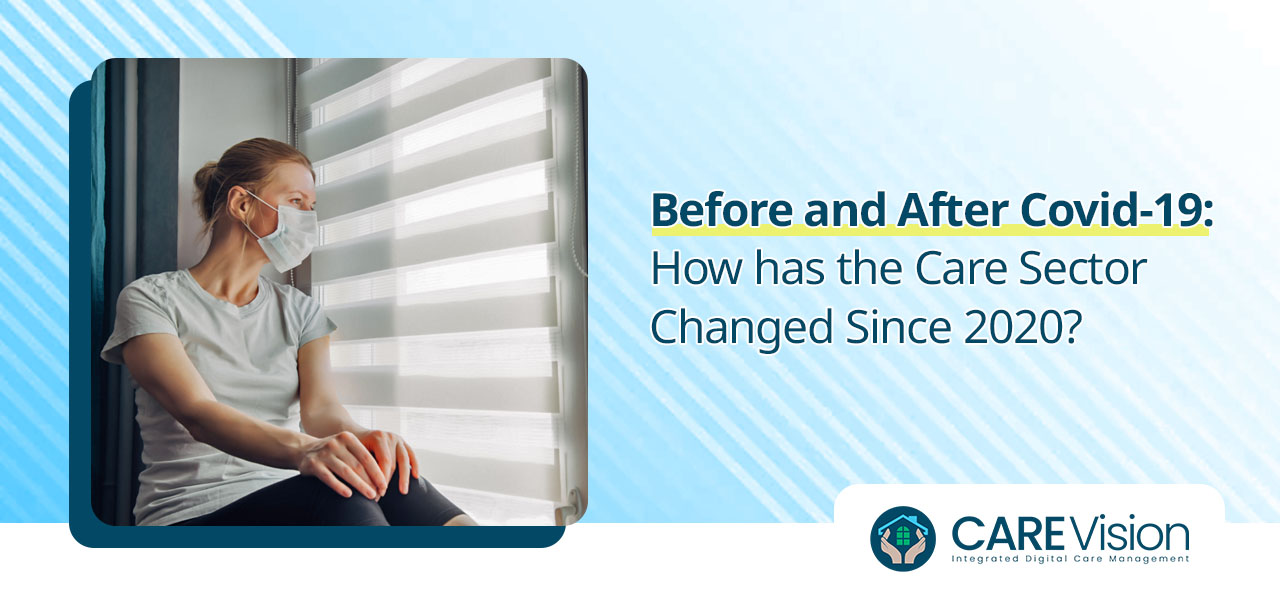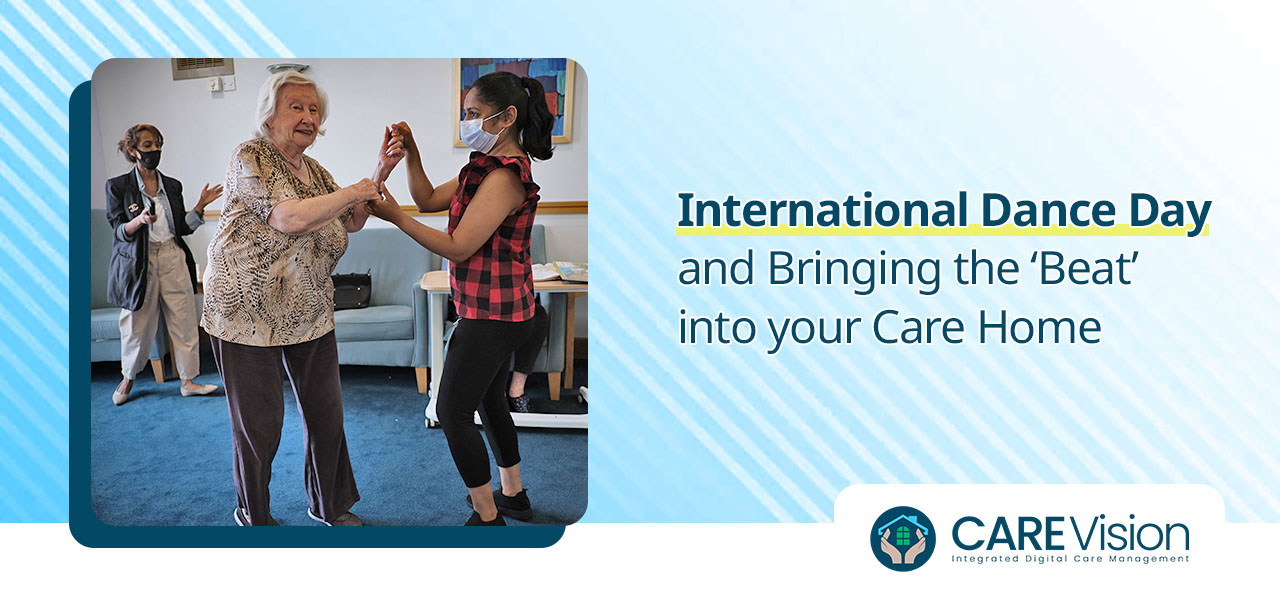In order to enjoy a successful career in the care sector, you need a mix of attributes and qualifications. While it is clearly important to have the correct clinical knowledge and formal certification, the caring role goes beyond ticking the right compliance boxes. Soft skills have always been a huge part of working with older and vulnerable people. Being able to communicate effectively with people, offer compassion, work in a team and remain patient are all game-changers when it comes to supporting those in your care and working towards a positive outcome for their health and wellbeing.
Soft skills in action
Soft skills are often something that can only be judged once a carer is in the role and their manager can watch them interacting with residents or patients. However, some insight can be gleaned during an interview. In addition, references from previous jobs can also reveal which soft skills are already in evidence, and which ones may need to be worked on.
There are many training programmes and activities that can help hone soft skills too – this is something that managers can keep track of using Care Vision to ensure that staff receive appropriate training. The system can also help managers capture, monitor and act upon feedback about staff members’ soft skills – both positive and negative.
Compassion and empathy
A key aspect of carrying out effective therapies is to show empathy for the resident or patient receiving the treatment. To put yourself in their shoes and try to consider how they might be feeling about their situation at any given time. This helps ensure that the person remains at the centre of the treatment and decisions made around it. Likewise, demonstrating compassion for someone else goes a long way to reassure and calm them at a potentially distressing time. It helps keep your interactions more ‘human’ and reassures them that you are a safe person to trust with their care.
Patience and tact
These are key soft skills to hone, although not always easy to maintain during times of heightened stress. When people are frightened or in pain, they can become harder to interact with as you need to deal with their ‘fight or flight’ responses first. This can make the caring process more complicated and mean that tasks take longer to complete. Showing patience and tact will help build the resident’s trust and ensure that they feel important, cared for and not in any way a burden or nuisance.
Communication and listening
Strong communications skills are required in many walks of life;. However, when you are dealing with people in need of sometimes complex medical care, being able to let them know what is happening to them is vital. Being able to listen to someone properly and act on what you hear is also essential, as is reporting updates and insights to other parties, both orally and in writing. Digital systems like Care Vision make writing reports and updating records far easier and allow for a higher degree of accuracy in shared communications too.
Flexibility and teamwork
Being part of a wider team is a large part of working in care. Each resident will need access to, and contact with a number of different professionals, from regular carers to medical specialists; therapists to social workers. Therefore, you will also need to know how to interact with different team members to ensure the best possible outcomes for the person under your care. Working with others also requires flexibility and co-operation. This covers practical logistics from handling staff rotas and swapping shifts with other care team members to being able to manage your time effectively so that unexpected emergencies and delays will not knock you totally off schedule.
Work ethic and organisation
A key soft skill that is often missed off lists in job descriptions or career training resources is work ethic. It should go without saying that a care professional must be motivated and willing to work hard to ensure their role is carried out as well as possible. However, this is not always the case. People with a higher work ethic, therefore, are often more highly prized in an organisation, as they can be relied upon to turn up and do what they have promised to do. Hand in hand with this goes organisation. Being able to fulfil tasks in the correct order, have all the right resources and be where you need to be on time is crucial in a caring role. Again, using digital software such as Care Vision can be a huge help, as it can help you plan your day and monitor your progress.






